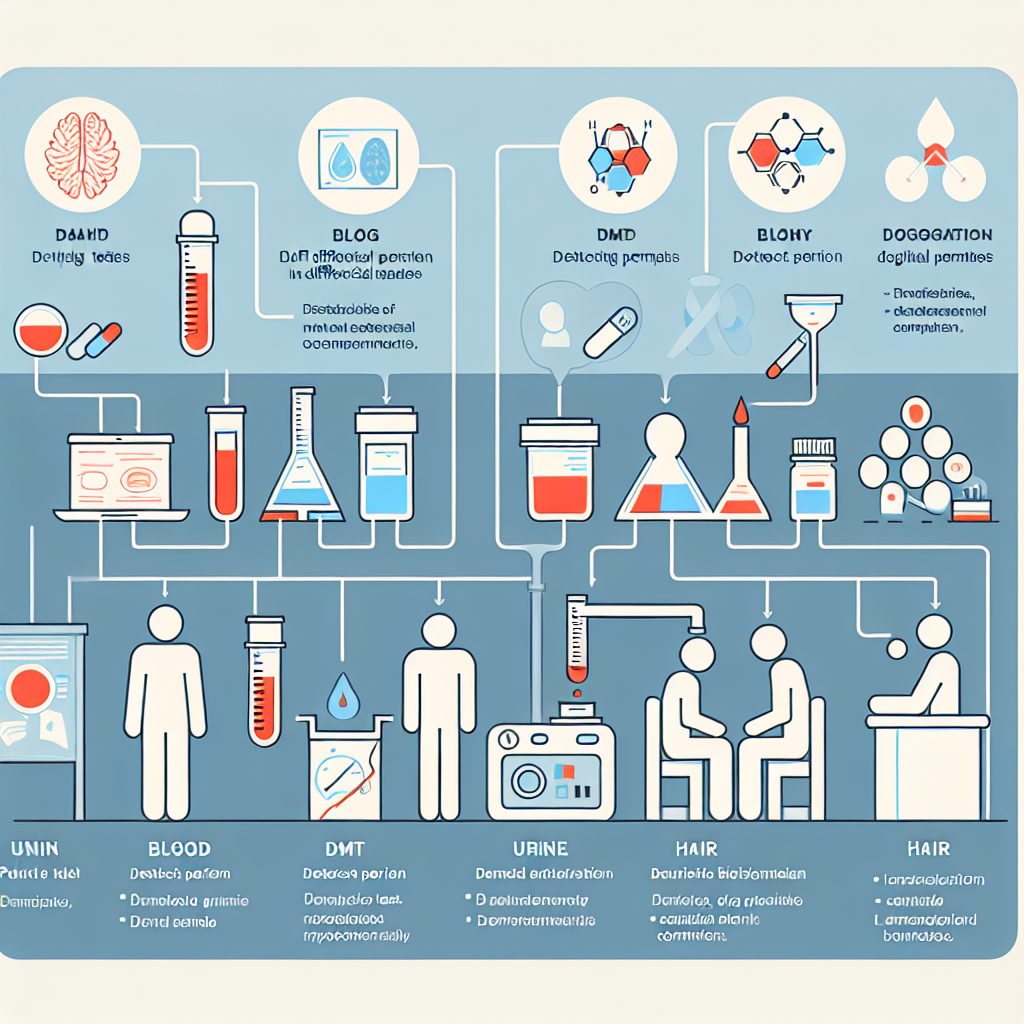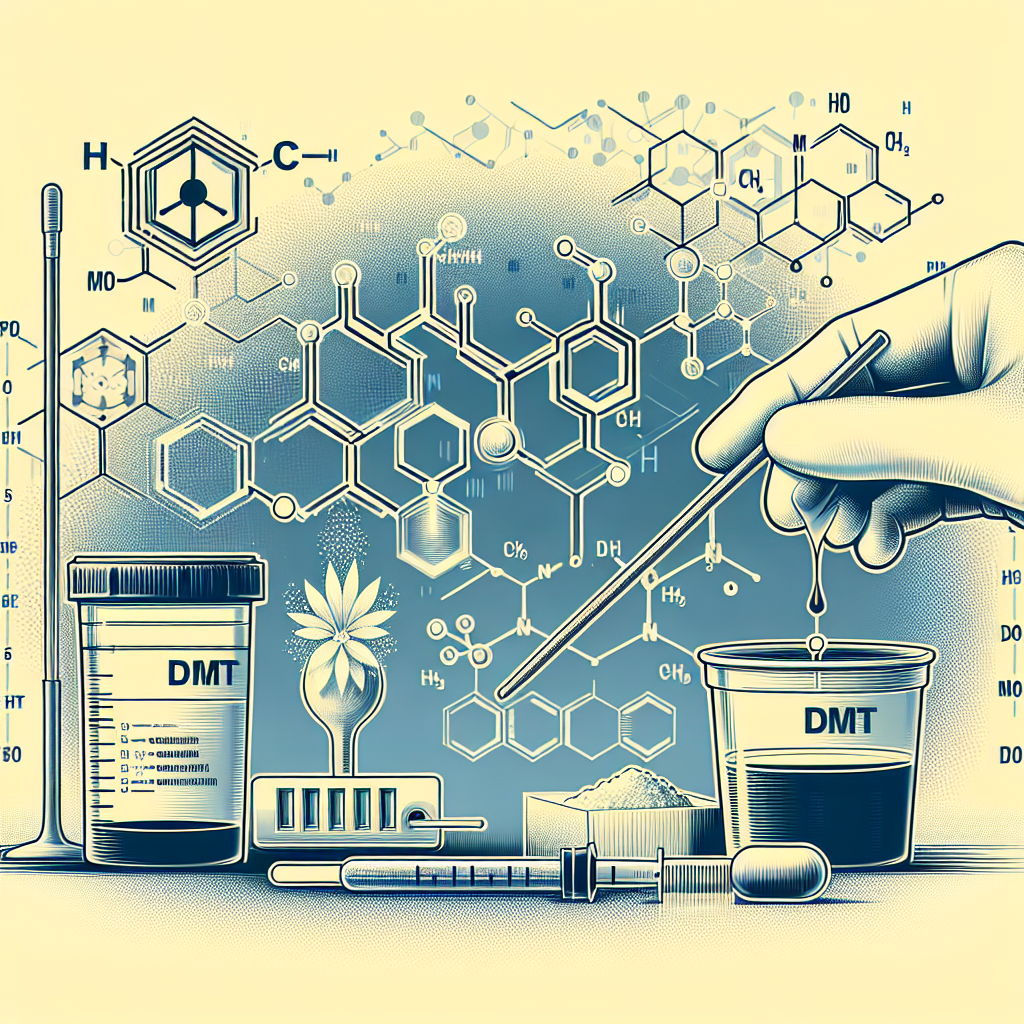What You Need to Know About DMT and Drug Tests

DMT, or dimethyltryptamine, is a powerful psychedelic drug that has gained popularity in recent years. It is known for its intense hallucinogenic effects and has been used for centuries in traditional spiritual and shamanic practices. However, with its rise in popularity, there has been an increase in concerns about its potential impact on drug tests. If you are considering using DMT or have used it in the past, you may be wondering if it will show up in a drug test. The short answer is yes, but there are some important factors to consider. First and foremost, it is important to understand that drug tests are designed to detect specific substances, and DMT is not one of them. Most standard drug tests, such as urine or blood tests, do not screen for DMT. This is because DMT is a naturally occurring substance in the body and is not considered a commonly abused drug. However, some specialized drug tests can detect DMT. These tests are not typically used in workplace or probation drug screenings, but they may be used in certain situations, such as in forensic investigations or in cases where DMT use is suspected.
One of the main reasons why DMT may not show up in a drug test is because it has a short half-life. This means that it is quickly metabolized and eliminated from the body. DMT can be detected in urine for only a few hours after use, making it difficult to detect in a drug test. Another important factor to consider is the type of drug test being used. As mentioned earlier, most standard drug tests do not screen for DMT. However, some tests may be able to detect DMT indirectly by identifying the presence of its metabolites. These are the byproducts that are produced when the body breaks down DMT. While these metabolites may be present in the body for a longer period than DMT itself, they are still difficult to detect in a drug test. It is also worth noting that the use of DMT is not illegal in most countries. In the United States, for example, DMT is classified as a Schedule I drug, meaning that it is considered to have a high potential for abuse and no accepted medical use. However, there are some exceptions to this, such as in the case of religious or spiritual use.
Therefore, unless you are being specifically tested for DMT, it is unlikely that its use will result in any legal consequences. If you are concerned about DMT showing up in a drug test, the best course of action is to abstain from using it. While it may not be detected in most drug tests, there is always a risk of being tested with a specialized test or in a specific situation where DMT use is suspected. In conclusion, while DMT may not show up in most standard drug tests, there is still a possibility of it being detected in specialized tests. It is important to understand the limitations of drug tests and to be aware of the potential consequences of using DMT. If you are unsure about the legality of DMT in your country or have concerns about drug testing, it is always best to seek professional advice.
